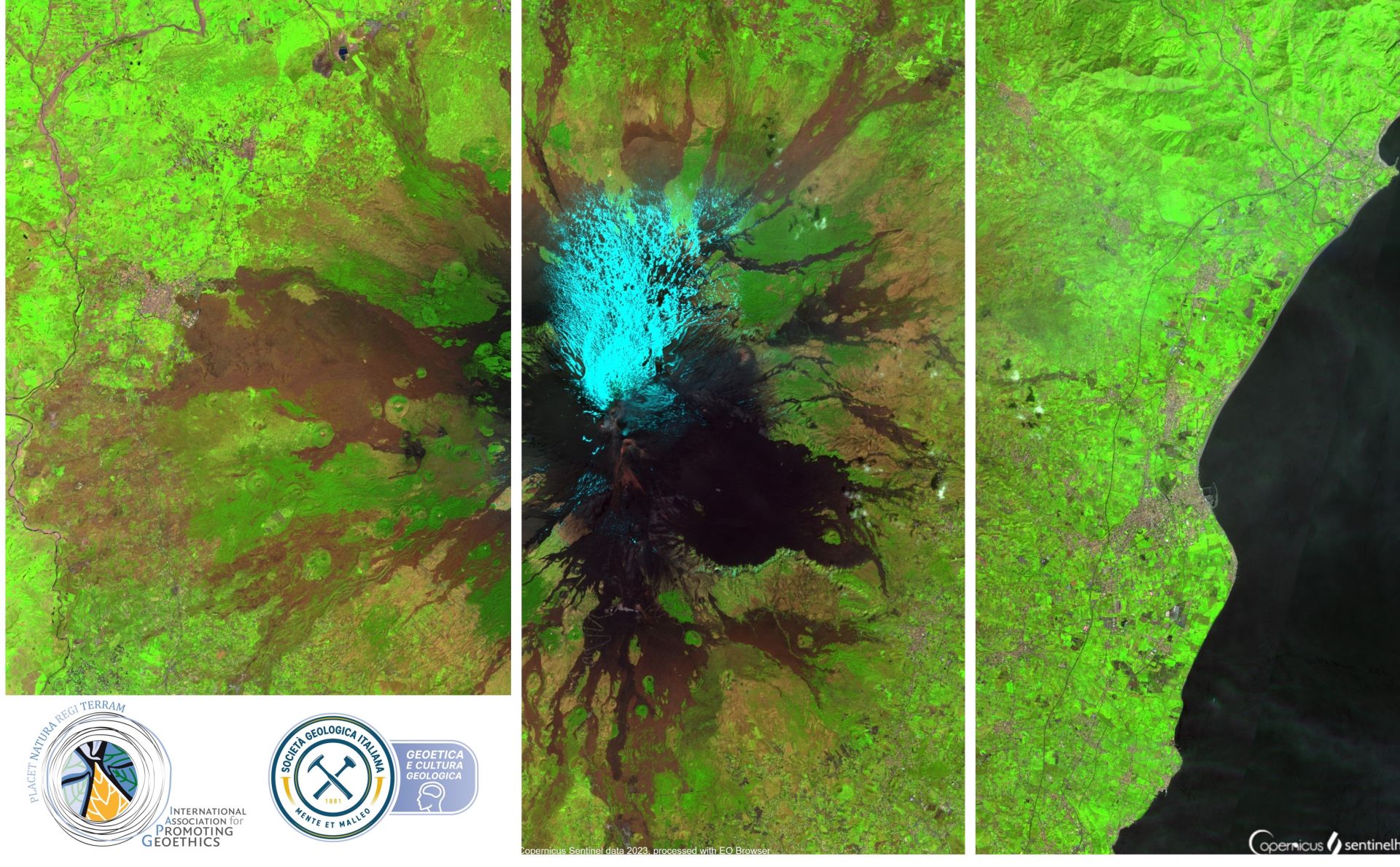- Ortensia Amoroso - Università degli Studi di Salerno
- Rosa Coluzzi - CNR-IMAA
- Valeria Giampaolo - CNR-IMAA
- Vito Imbrenda - CNR-IMAA
- Silvia Peppoloni – INGV
Against a backdrop of growing geo-environmental concerns, a crucial question for geoscientists is how best to communicate these issues to the wider public and, as a result, more effectively communicate their technical expertise to non-technical audiences. Furthermore, European and national funding programs encourage scientists to engage the public ever more imaginatively in their work, address their collective concerns, and even have them participate in the scientific process themselves. Nowadays, geoscientists are expected to communicate with a variety of audiences in ways that are appropriate for each group, including science users and decision makers, the larger scientific community, public organizations, and individual people.
The main goal of this session is to involve geoscientists to present, discuss and share best practices in effective geoscience communication. Traditional (storytelling, language, and visualisation), emergent digital communication strategies (citizens science, social network, apps, etc.), and unconventional ones (poetry, music, art, etc.) will be considered for education, policy, public awareness, and engagement. Great attention will be devoted to the activities carried out by younger geoscientists. Contributions will be evaluated for a special issue of the Journal of Geoethics and Social Geosciences.
The main goal of this session is to involve geoscientists to present, discuss and share best practices in effective geoscience communication. Traditional (storytelling, language, and visualisation), emergent digital communication strategies (citizens science, social network, apps, etc.), and unconventional ones (poetry, music, art, etc.) will be considered for education, policy, public awareness, and engagement. Great attention will be devoted to the activities carried out by younger geoscientists. Contributions will be evaluated for a special issue of the Journal of Geoethics and Social Geosciences.
Geo/environmental thinking, active learning, discipline-based education research, geoscientific culture, innovative and interdisciplinary communication approaches

